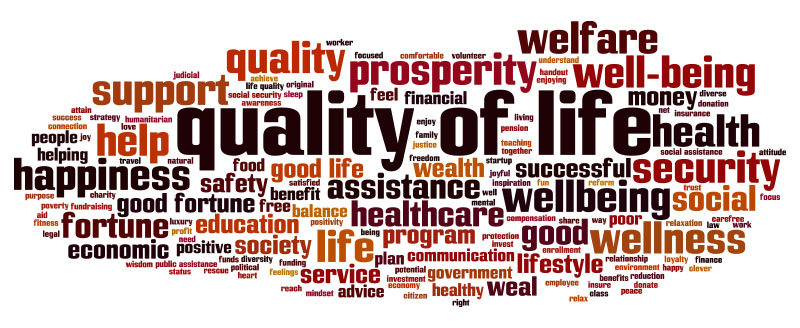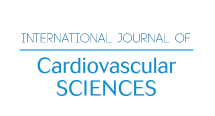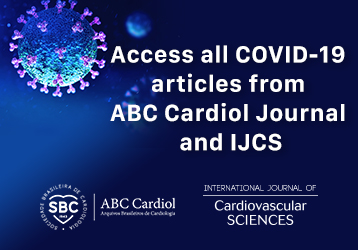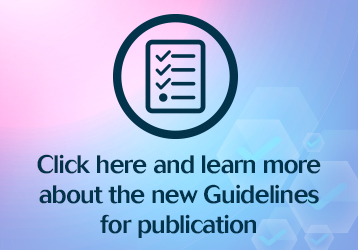Volume 33, Nº 2, March and April 2020
DOI: 10.5935/2359-4802.20190092
ORIGINAL ARTICLE
Factors Associated with Quality of Life in Patients with Systemic Arterial Hypertension
Gustavo O. Silva
Aluísio Andrade-Lima
Antônio Henrique Germano-Soares
Dalton de Lima-Junior
Sergio L. C. Rodrigues
Raphael M. Ritti-Dias
Breno Q. Farah

Abstract
Background: Hypertensive patients present, in addition to worse cardiovascular health, lower health-related quality of life compared to normotensive subjects. Factors such as functional capacity, functional status, pain, participation in social activities, mental and emotional health, fatigue and energy level, along with perception of general health, seem to be relevant for evaluation in this population. However, evidence is unclear in hypertensive patients.
Objective: To analyze the factors associated with quality of life in hypertensive patients.
Methods: Forty-five patients were recruited. The dependent variables of the present study are the quality of life domains. Demographic data and clinical conditions were considered independent variables. The Medical Outcomes Short-Form Health Survey (SF-36) questionnaire was used to measure quality of life. Handgrip strength, blood pressure and anthropometric indicators were evaluated. Crude and adjusted linear regression analysis was used.
Results: It was verified that education level, body mass index and muscle strength were associated with the functional capacity domain (p < 0,05), whereas systolic blood pressure was associated with the physical domain (p < 0,05). Women presented lower quality of life on the pain domain compared to men and educational level was associated with the social domain (p < 0,05).
Conclusion: Hypertensive patients with lower levels of body mass index, higher levels of education and muscle strength presented a better quality of life on the physical domain, while the social aspects presented a positive relationship with education level. Women presented a worse quality of life on the pain domain compared to men. (Int J Cardiovasc Sci. 2020; 33(2):133-142)
Keywords: Cardiovascular Diseases/physiopathology; Hypertension; Vital capacity; Exercise; Quality of Life; Risk Factors.











